Understanding Mindful Awareness
In today’s fast-paced world, it’s easy to get caught up in the whirlwind of tasks, distractions, and future plans. However, amidst this chaos, there’s a profound power in grounding oneself in the present moment. This guide delves into the essence of mindful awareness, offering insights and practices to help you truly “be present in the presence.”
Mindful awareness is the practice of intentionally focusing on the present moment without judgment. It involves being fully engaged with whatever is happening around and within you, cultivating a heightened sense of consciousness and connection to the now.
The Essence of Presence

Presence refers to the stability of mindfulness, indicating how grounded one is in awareness itself. It’s about experiencing life directly, rather than through the filters of past experiences or future anxieties.
The Benefits of Being Present and Mindful Awareness

Embracing mindful awareness offers numerous advantages:
- Enhanced Emotional Well-being: Regular mindfulness practice can lead to increased positive emotions and reduced stress.
- Improved Focus and Clarity: By training the mind to focus on the present, individuals often experience heightened concentration and mental clarity.
- Deeper Connections: Being present allows for more genuine interactions, fostering stronger relationships.
- Physical Health Benefits: Mindfulness has been linked to lowered blood pressure and improved sleep quality.
Practical Steps to Cultivate Mindful Awareness
- Start with Breath Awareness: Focus on your breathing, observing each inhale and exhale. This anchors you to the present moment.
- Engage in Soft-Gaze Meditation: This practice involves broadening your visual field to cultivate a receptive quality of attention.
- Practice Non-Judgment: Observe your thoughts and feelings without labeling them as good or bad. Simply acknowledge their presence.
- Incorporate Mindfulness into Daily Activities: Whether eating, walking, or listening, immerse yourself fully in the experience.
- Set Aside Dedicated Time: While mindfulness can be integrated into daily life, setting aside specific moments for meditation can deepen the practice.
Overcoming Common Challenges
- Restlessness: It’s natural for the mind to wander. Gently guide your focus back to the present without self-criticism.
- Time Constraints: Even a few minutes of mindfulness can be beneficial. Quality matters more than quantity.
- Expectations: Release the desire for specific outcomes. Mindfulness is about the journey, not the destination.
Integrating Mindfulness into Relationships
Being present enhances interpersonal connections. By truly listening and engaging without distraction, relationships become more meaningful and authentic.
The Science Behind Mindfulness
Research indicates that mindfulness can alter brain function, creating new synapses and changing thought processing. This neuroplasticity underscores the transformative potential of being present.

Resources for Further Exploration
Books to explore more about mindfulness awareness :
- The Gift of Presence: A Mindfulness Guide for Women by Caroline Welch
- Aware: The Science and Practice of Presence by Dr. Dan Siegel
Articles to explore more about mindfulness awareness :
- Cultivating a Sense of Presence and Awareness
- How Present-Moment Awareness Can Make Life More Meaningful
Conclusion
Embracing mindful awareness is a transformative journey that invites you to experience life more fully. By grounding yourself in the present, you open the door to deeper connections, enhanced well-being, and a richer appreciation for each moment.
For more insights on mindfulness and personal growth, explore our more Articles on DeepikaSeksaria.com.
Note: Always consult with a qualified professional before starting any new wellness practice.
A quick overview of the topics covered in this article.




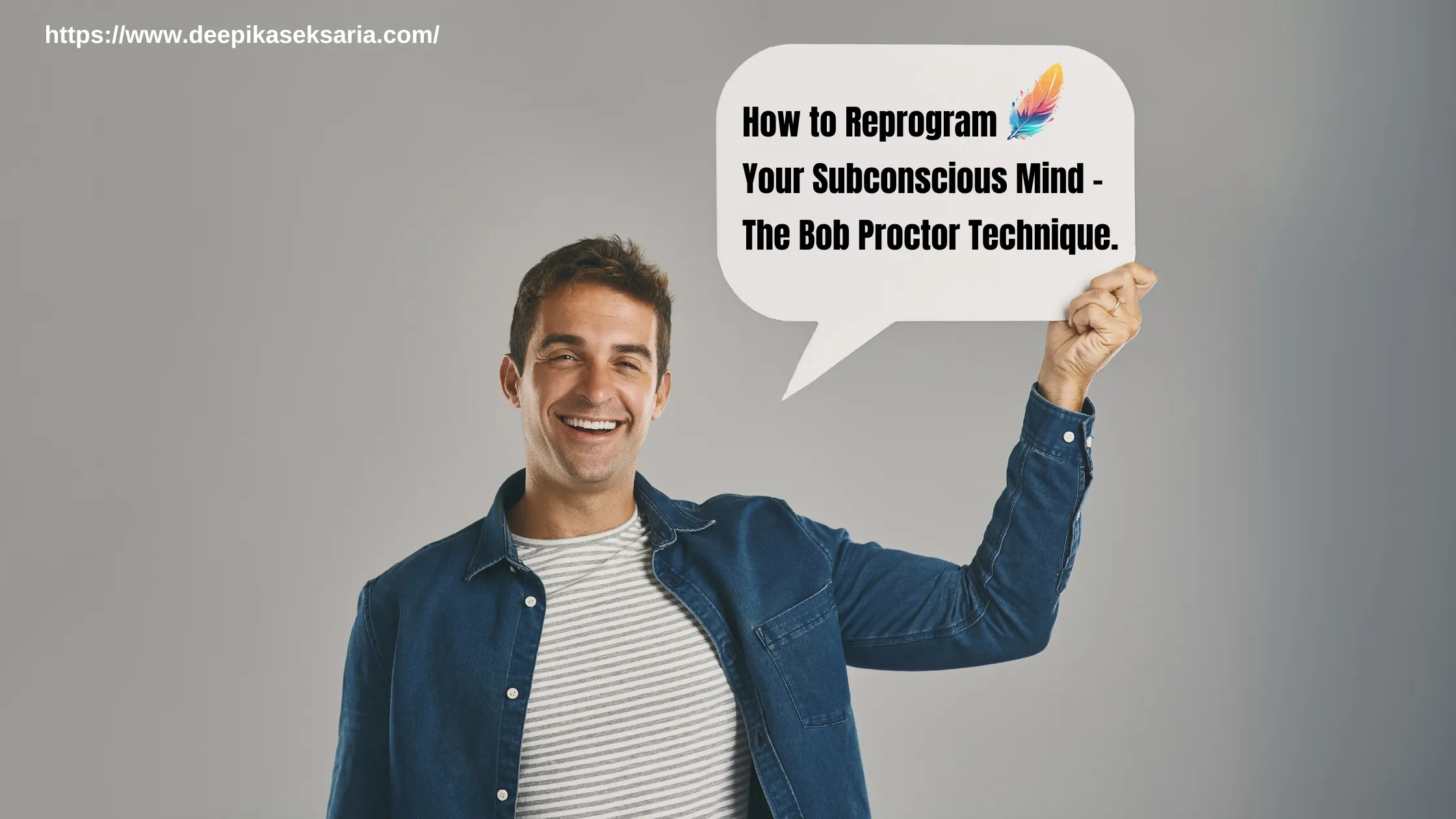












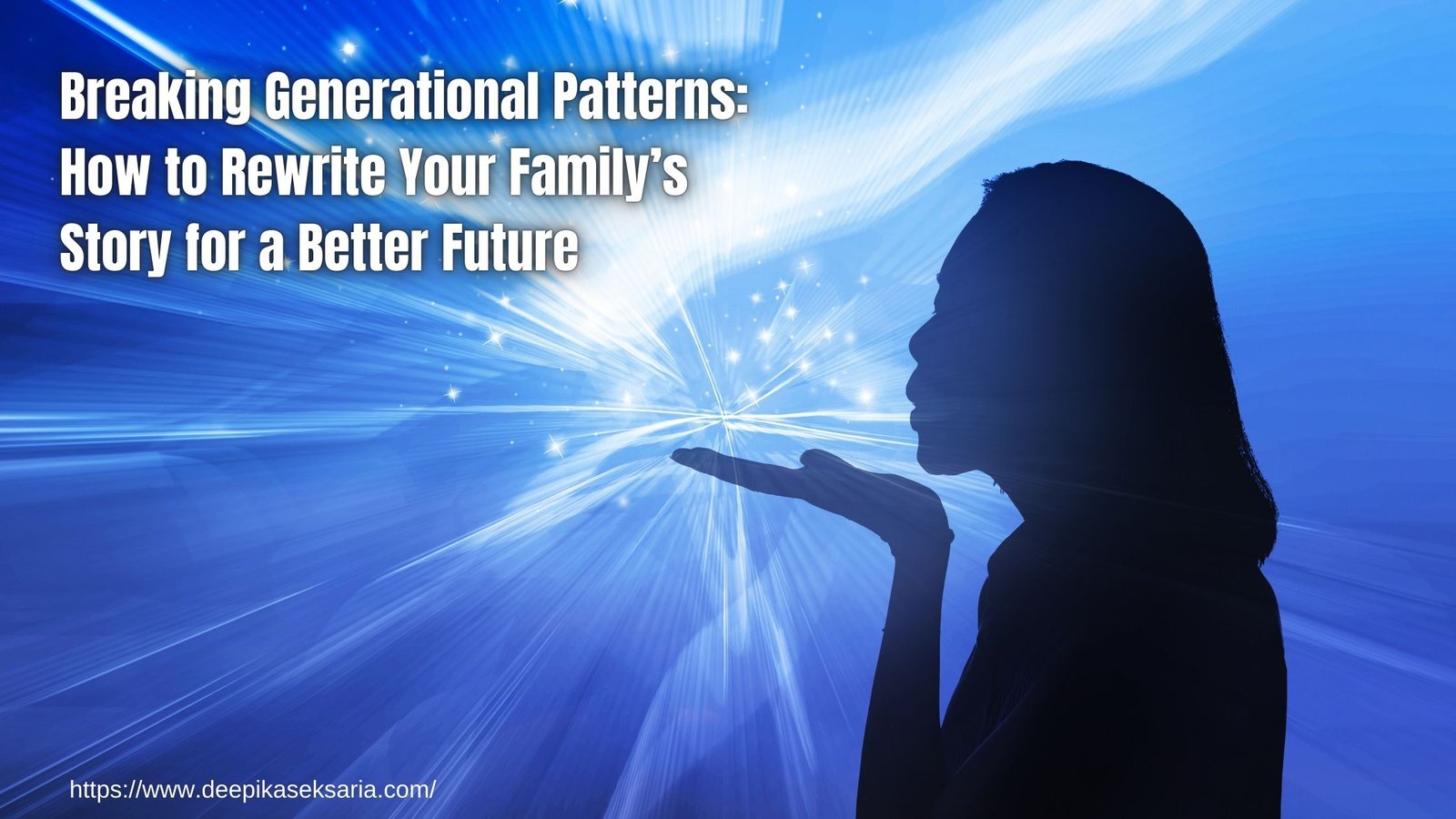


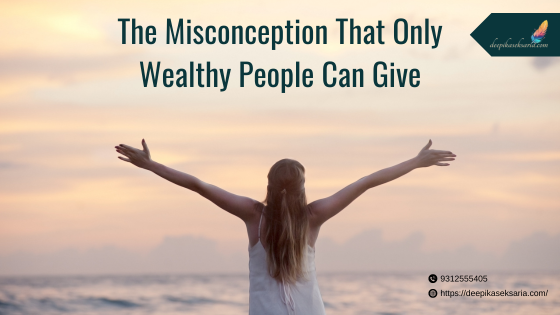
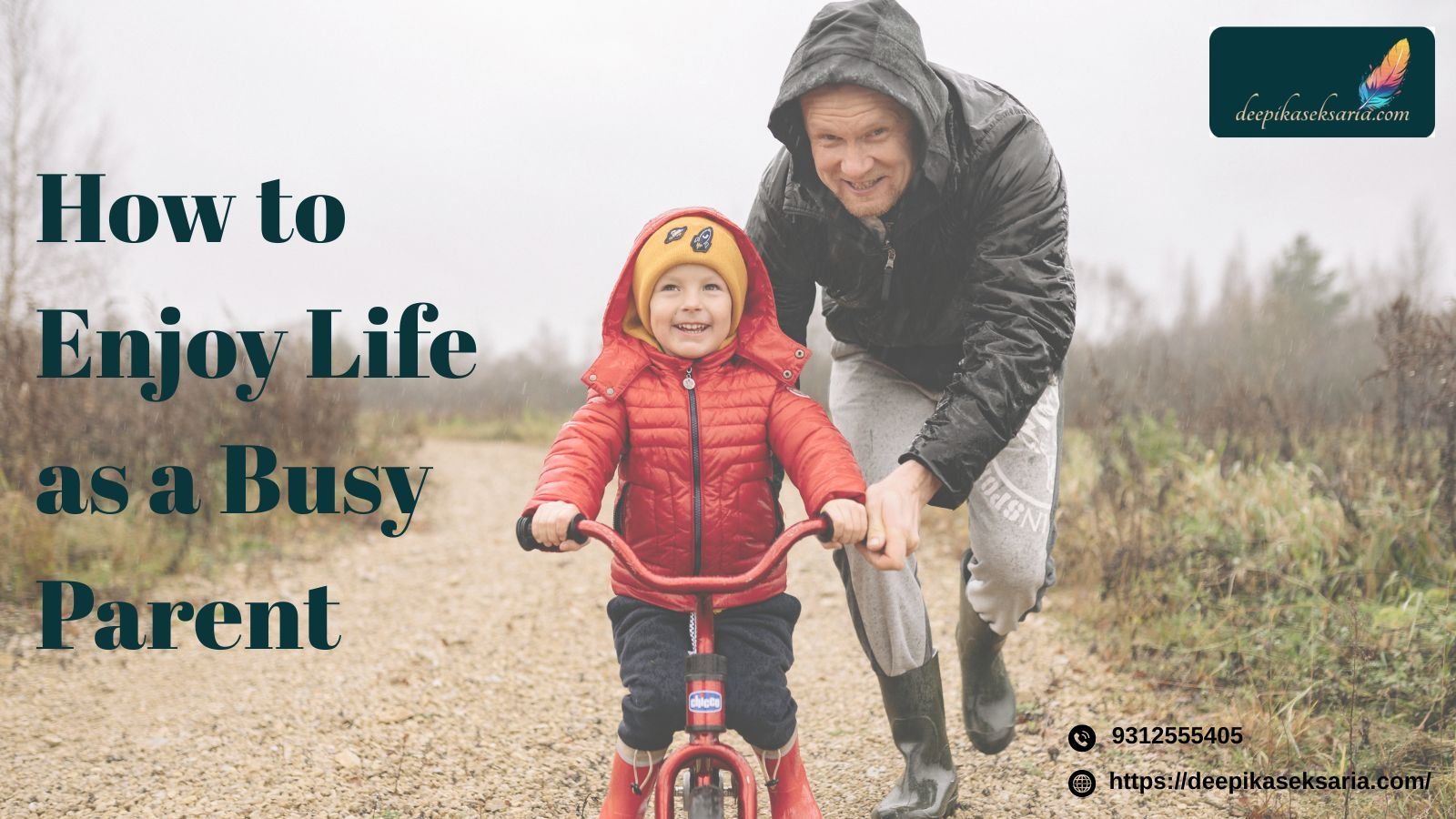
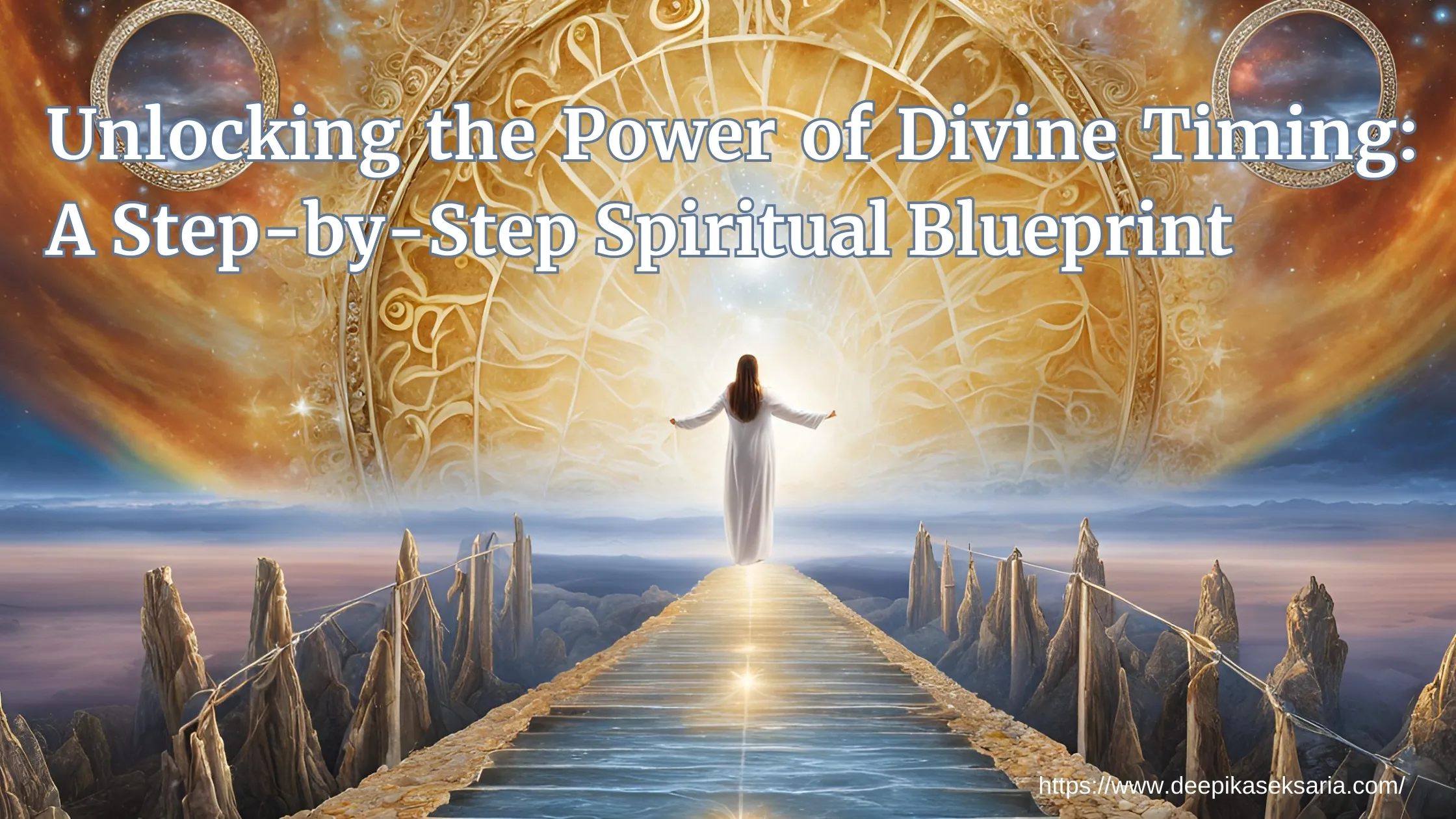


[…] Healthy Coping Strategies: Replace negative behaviors with positive alternatives, such as mindfulness and stress management […]
[…] 1. Cultivate Self-Awareness […]
[…] spiritual traditions, including mindfulness, energy healing, and Eastern philosophies, emphasize the idea that every event in our life serves a […]